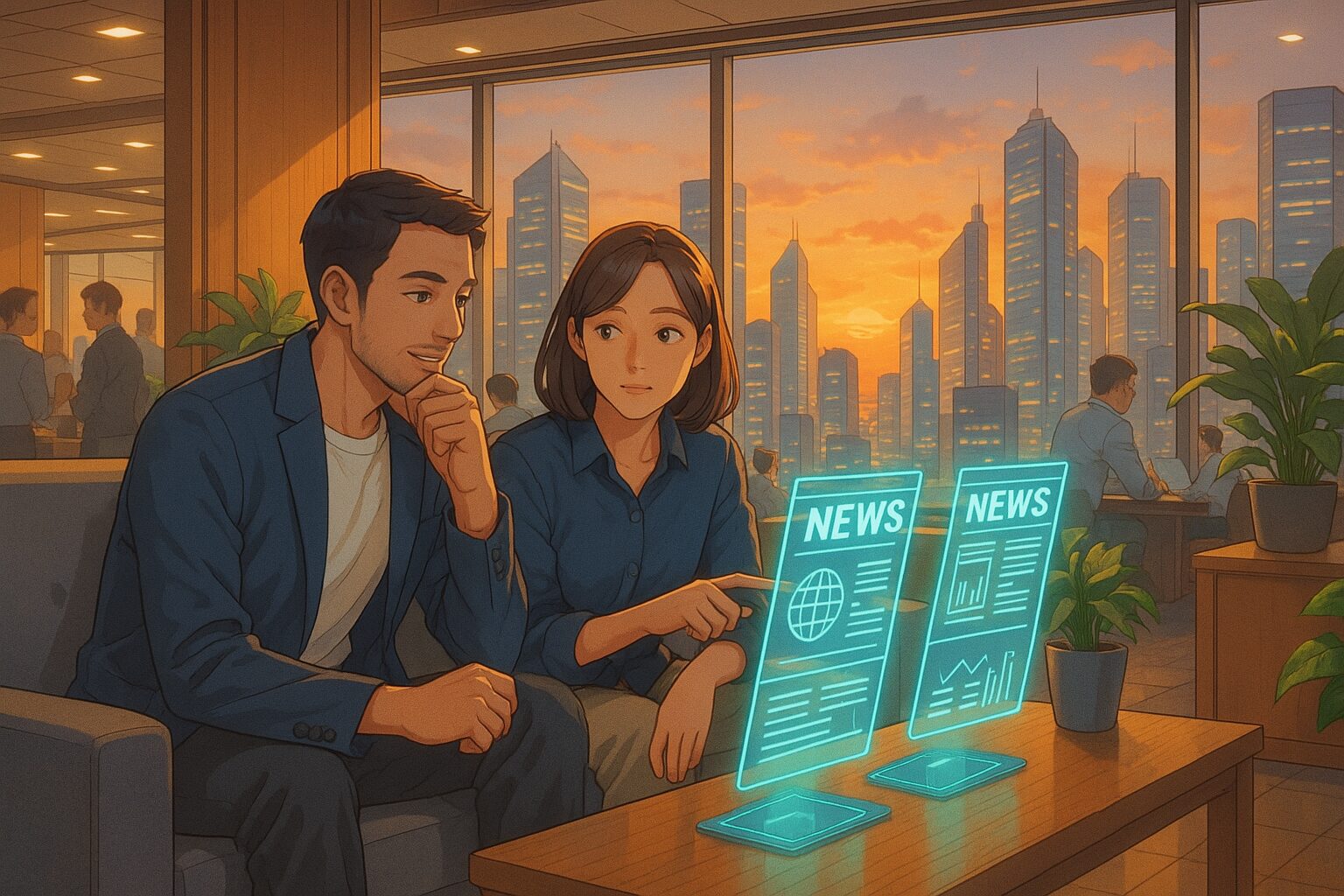The Future of Education: How Digital Learning Platforms are Changing the Game!
The future of education is beginning to change significantly. Recently, news broke that the Indian ed-tech company PhysicsWallah has applied for a $43.7 billion IPO. How will this move impact the world of education? How will our ways of learning evolve?
1. Today’s News
Source:
https://www.tradingview.com/news/reuters.com,2025:newsml_L4N3UU00W:0-indian-ed-tech-platform-physicswallah-files-for-437-million-ipo/
Summary:
- Indian ed-tech company PhysicsWallah has applied for a $43.7 billion IPO.
- PhysicsWallah is a platform specializing in online physics education.
- The IPO is expected to expand services to even more users.
2. Considering the Background
As digitalization in education advances, educational technology (EdTech) is receiving increasing attention. With the spread of the internet, an environment where anyone can learn anywhere is becoming established. However, many regions still lack infrastructure, resulting in educational disparities. This situation prompts us to consider why educational technology is being emphasized now and how it is connected to our lives. Next, let’s look at how these changes might impact our future.
3. What Does the Future Hold?
Hypothesis 1 (Neutral): A Future Where Online Learning Becomes the Norm
Online education will become more widespread, allowing for high-quality education not only in schools and universities but also at home. As a result, regional disparities in education will shrink, giving children around the world equal opportunities to learn. However, there is also a possibility that there may be a lack of face-to-face communication skills and social experiences that occur in schools.
Hypothesis 2 (Optimistic): A Future Where Educational Technology Advances Significantly
Educational technology will evolve, introducing new forms of learning using AI and VR. This will allow for personalized education tailored to individual learning styles, resulting in more effective learning. Education will become increasingly interactive and enjoyable, fostering a greater interest in learning.
Hypothesis 3 (Pessimistic): A Future Where the Quality of Education Deteriorates
If digitalization progresses too far, there is a risk of weakening human relationships and communications. As online learning becomes the mainstream, direct interaction between teachers and students may decrease, potentially lowering the quality of education. There is a concern that education might merely become a means of transmitting information.
4. Tips for Us
Thinking Tips
- The importance of maintaining a balance without over-relying on technology.
- A perspective that considers the coexistence of digital and analog.
Small Practical Tips
- Combine online learning with face-to-face learning.
- Use technology to explore new forms of learning.
5. What Would You Do?
- How do you think about the balance between online and offline education?
- What skills do you want to acquire to adapt to changes in education due to technological advancement?
- What does your ideal educational environment look like?
What future do you envision? Please share your thoughts through social media quotes or comments.









